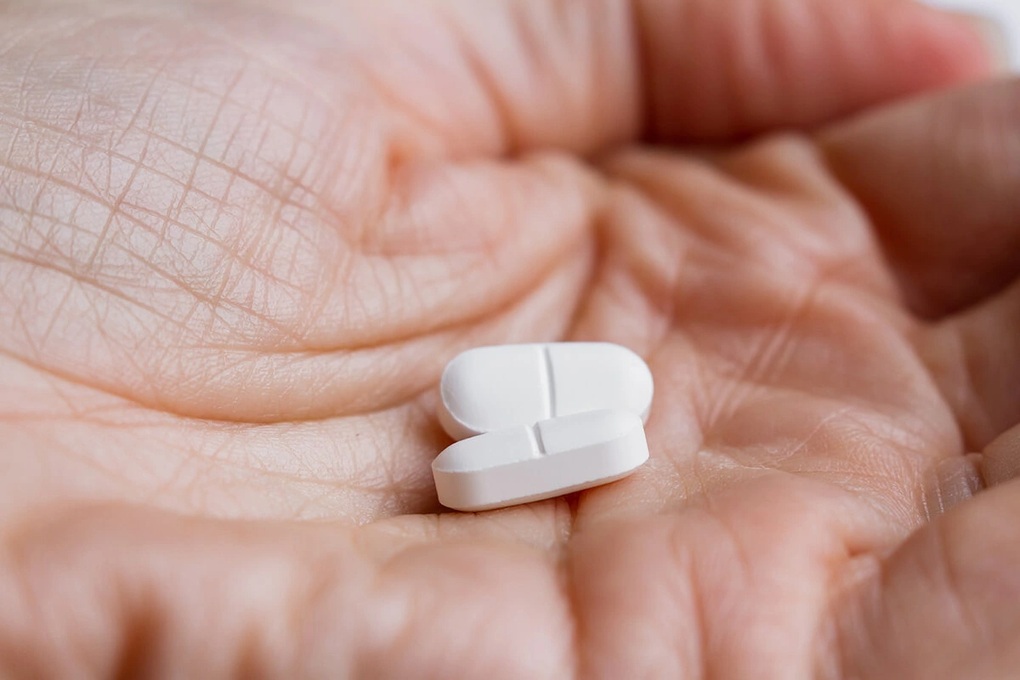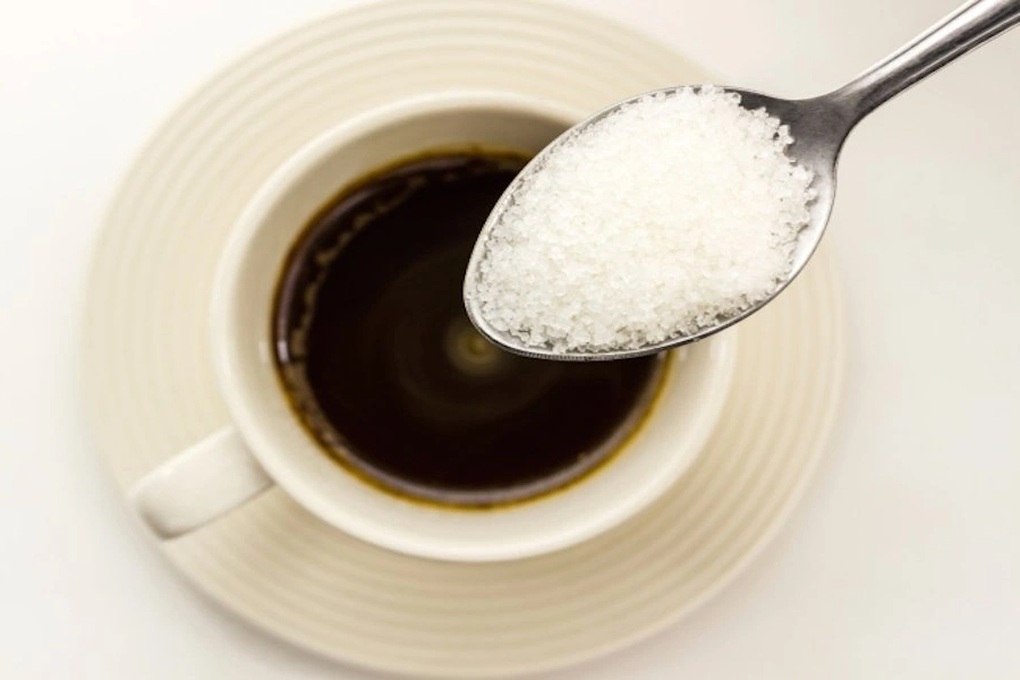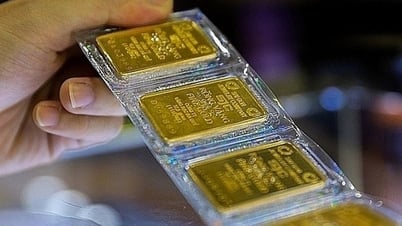Many people consider coffee an indispensable “companion” every day. Some reputable studies show that coffee brings positive benefits to the liver, especially in reducing inflammation and limiting liver cell damage.
However, not everyone knows how to drink coffee in a healthy way. When mixing coffee with the following ingredients, the drinker may accidentally overwork the liver, even causing long-term damage.
Painkillers containing paracetamol

Do not take painkillers close to the time of drinking coffee (Photo: Getty).
Taking painkillers at the same time or close to the time of drinking coffee can overload the liver.
Paracetamol is a common active ingredient in pain relievers and fever reducers. However, the US Food and Drug Administration (FDA) has warned that paracetamol is a leading cause of acute liver toxicity, especially when taken in overdose or combined with alcohol and caffeine.
Caffeine in coffee increases the activity of the liver enzyme CYP1A2. When this enzyme is highly active, the liver will speed up the process of metabolizing paracetamol and produce more toxic intermediates. If the liver cannot process these substances in time, they will cause liver damage.
Too much refined sugar in coffee

Refined sugar when entering the body will be converted into fat by the liver (Photo: Getty).
Many people do not like the characteristic bitter taste of coffee, so they often add sugar to make it easier to drink. However, when using too much refined sugar, especially white sugar or fructose syrup, the drinker accidentally pushes the liver into a state of overload.
Refined sugar, when entering the body, is converted into fat by the liver. If the sugar level is too high, the liver cannot process it all and fat begins to accumulate, forming non-alcoholic fatty liver disease. This condition, if prolonged, can lead to hepatitis, liver fibrosis and metabolic disorders.
Regularly add cream to coffee

When the body absorbs too much trans fat, the liver becomes susceptible to inflammation and impaired function (Photo: Getty).
Many people enjoy the rich taste of instant coffee, especially when it is made with heavy cream. However, heavy cream can contain a lot of trans fats, chemical additives, synthetic flavors, and thickeners.
When the body absorbs too much trans fat, the liver becomes susceptible to inflammation and impaired function.
Additionally, the liver has to work harder to process additives and artificial flavors. If you want to enjoy fatty coffee while still being safe for your liver, choose unsweetened nut milk or organic fresh milk in moderation.
Drink coffee after drinking alcohol
Some people often drink a cup of coffee after drinking alcohol in the hope of waking up faster. However, this habit is more harmful to the liver than you think.
Caffeine in coffee stimulates the central nervous system, helping to temporarily alert the mind.
However, it can also mask the feeling of drunkenness, making the drinker unaware of the true effects of alcohol on the body. This can easily lead to continued drinking without feeling drunk, thereby increasing the total amount of alcohol entering the liver.
Alcohol is one of the leading causes of hepatitis, cirrhosis and chronic liver failure.
When alcohol and caffeine dehydrate the body at the same time, the liver will have to bear more pressure in the process of detoxification and maintaining metabolic function. Drinking coffee after drinking alcohol does not help sober up, but on the contrary, can cause more serious damage to the liver in silence.
Source: https://dantri.com.vn/suc-khoe/uong-ca-phe-voi-4-thu-quen-thuoc-nay-co-the-gay-hai-gan-20250804065924552.htm






















![[Photo] Discover the "wonder" under the sea of Gia Lai](https://vphoto.vietnam.vn/thumb/1200x675/vietnam/resource/IMAGE/2025/8/6/befd4a58bb1245419e86ebe353525f97)
![[Photo] Nghe An: Provincial Road 543D seriously eroded due to floods](https://vphoto.vietnam.vn/thumb/1200x675/vietnam/resource/IMAGE/2025/8/5/5759d3837c26428799f6d929fa274493)









































































Comment (0)